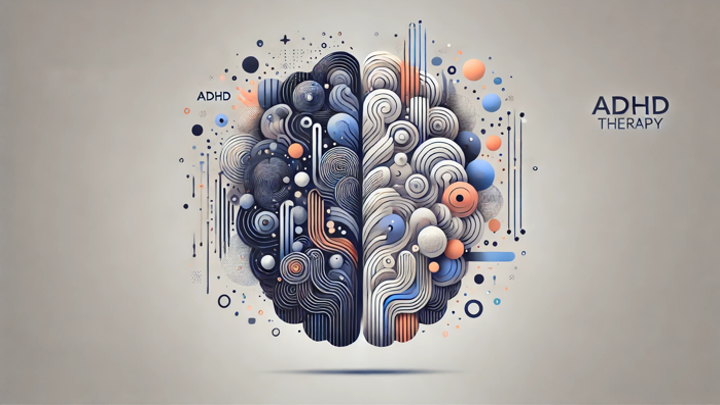
Attention-Deficit/Hyperactivity Disorder
(ADHD)
-

Understanding ADHD
Attention-Deficit/Hyperactivity Disorder (ADHD) is more than difficulty focusing and sitting still—it’s a neurodevelopmental difference in how the brain processes and prioritizes information. ADHD affects a set of brain functions known as executive functions, which include attention regulation, emotional control, impulse management, motivation, and organization.
This isn’t about laziness, low intelligence, or a lack of willpower. It’s about working with a brain that processes the world differently.
Common struggles include:
Focus & Attention Regulation – Not just distraction, but difficulty controlling where attention goes and when.
Task Initiation & Motivation – Procrastination, overwhelm, and challenges getting started.
Time Management & Organization – Trouble estimating time, planning ahead, or keeping things in order.
Emotional Regulation – Strong emotional responses and difficulty shifting out of them.
ADHD is not a behavioral problem—it’s a brain-based difference. With the right understanding and support, you can learn to work with your brain rather than against it.
-

ADHD Therapy
ADHD therapy isn’t about fixing what’s “wrong”—it’s about understanding how your brain works and building a system that works with it. When you understand the why behind your struggles, self-criticism gives way to practical problem-solving.
Common Goals of ADHD Therapy:
Understand Executive Dysfunction – Learn why tasks feel overwhelming and what’s really behind procrastination and inaction.
Develop Personalized Strategies – Build tools to manage time, boost motivation, and improve organization.
Regulate Emotions More Effectively – Navigate frustration, rejection sensitivity, and emotional intensity with greater ease.
Reframe Negative Self-Talk – Shift from shame and self-blame to compassion and confidence.
Evidence-based and collaborative, this process helps you move from burnout and chaos to clarity and momentum—on your terms.
-

What to Expect With Us
At Columbus CAPS, ADHD therapy is more than symptom management—it’s a collaborative process rooted in understanding how your brain works and using that insight to create change that actually sticks.
Together, we will:
✅ Clarify how ADHD shows up for you—so you can better understand the patterns behind your overwhelm and inaction.
✅ Identify specific challenges—and develop tailored strategies that align with your daily routines and goals.
✅ Strengthen executive functioning—with tools to improve focus, time management, organization, and emotional regulation.
This isn’t about “fixing” ADHD. It’s about building a system that works with your brain, so you can reduce the chaos, feel more in control, and move forward with clarity and confidence.
